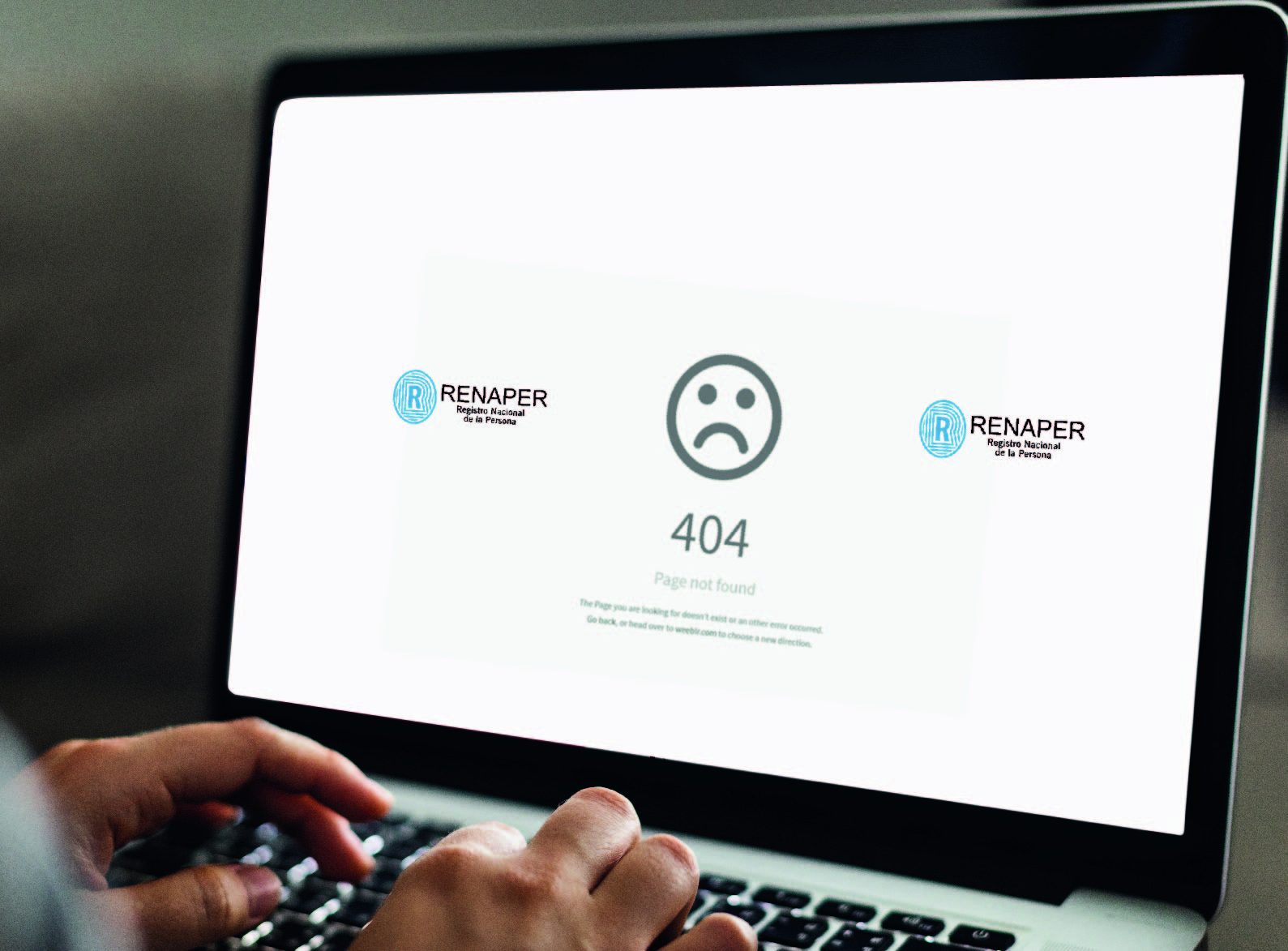On October 29, 2023, the Vía Libre Foundation appeared as amicus curiae (“friends of the court”) in the case where access to personal information housed in the database of the National Registry of Persons (RENAPER) is discussed. , which was the subject of a security breach in 2021. He did so based on his experience on the right to privacy and protection of personal data. For more information about these types of breach and the Foundation’s work in this regard, you can read the following joint statement.
The case originates from the access request of Pablo Palazzi, an Argentine citizen, who asks to know what personal data of his are in the possession of RENAPER and whether they were the subject of the security incidents that became public, as well as to know what security measures of information is taken based on those leaks, regardless of whether or not your personal data was involved. His request was not answered, so he filed a habeas data action. Although the State’s response was “insufficient and partial” in the words of the Prosecutor of the case – it was limited to providing some information that was in its databases about the plaintiff and denying without further grounds its inclusion in the set of violated data -, the The Court of First Instance understood that the little provided by Renaper was sufficient and that, if it wanted to know about security measures adopted on “other” data, it would be appropriate to initiate a request for public information and not a habeas data.
The case reached the Court of Appeals and in this scenario Vía Libre was presented, to provide central arguments on three issues: on the one hand, the need to exercise the right of access to personal data held by the State, that is, to know what our data is held but also what measures it adopts to protect it, as the only way to make the right to privacy and privacy effective, and that it does not become abstract or fictitious. On the other hand, the amicus delves into the purpose of habeas data as an ideal procedural means to investigate personal data and the security conditions in which they are found. Finally, it warns about the risk that a denial such as that made by the Court of First Instance implies for the basic right to effective judicial protection, as it obstructs the possibility of knowing and claiming in situations of this type. For more information you can read the complete document in Spanish at the following link.
With a decision of this type, the inevitable result is helplessness regarding the right to access one’s own information held by the State, to control its purpose and therefore the legality of state action, to the ultimate detriment of one’s own and collective privacy.

